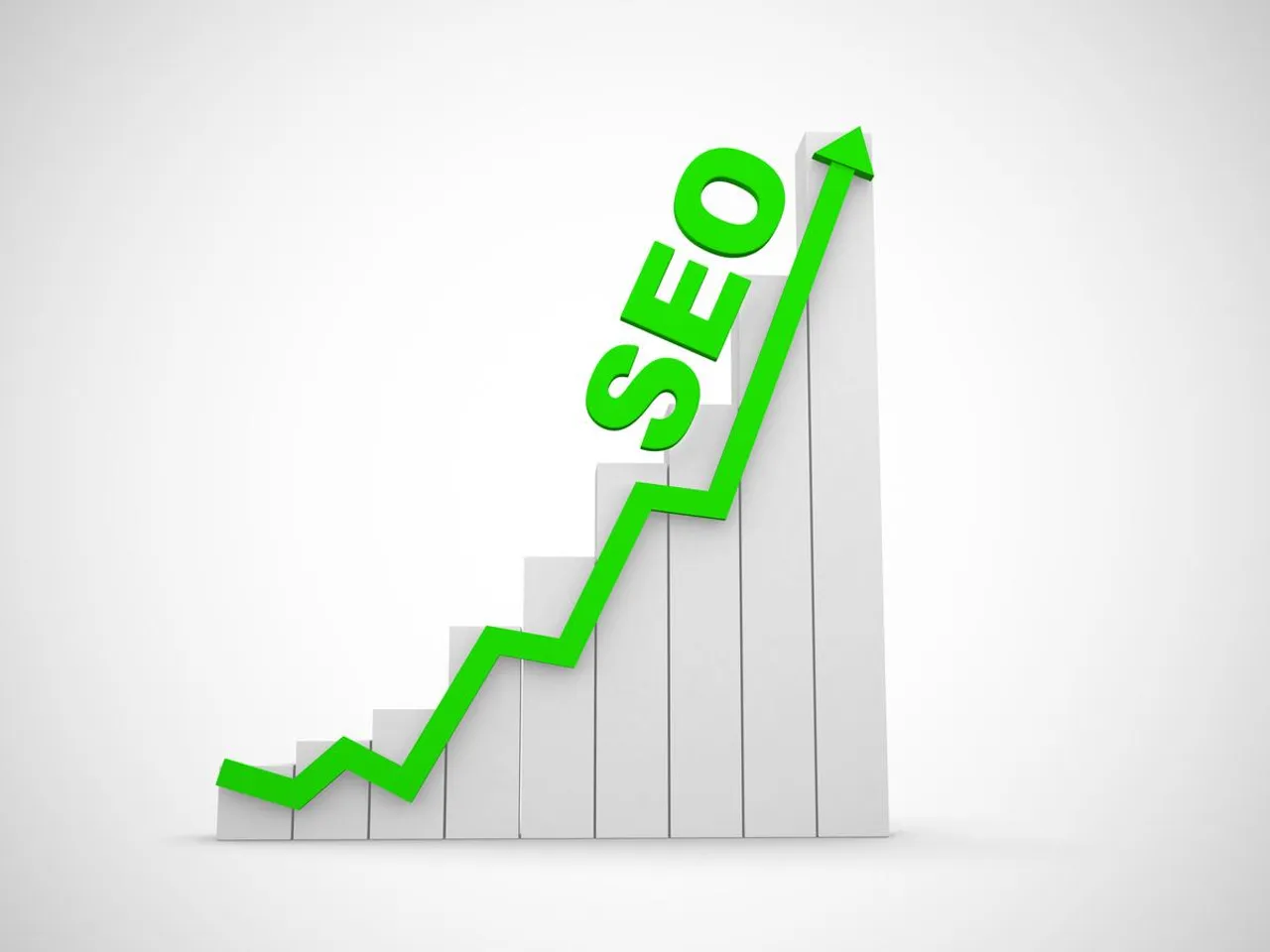
In today’s competitive digital landscape, Search Engine Optimization (SEO) is an essential marketing strategy for businesses seeking to increase visibility online. At its core, SEO involves optimizing a website’s structure, content, and other elements to rank higher on search engine results pages (SERPs) such as Google. With nearly 75% of users never clicking past the first page of search results, SEO can greatly improve your website's organic traffic, engagement, and conversions.
The Basics of SEO

SEO is a multi-faceted discipline that incorporates several strategies aimed at improving a website’s ranking and visibility. These strategies can be broken down into three main categories:
-
On-Page SEO: Focuses on optimizing individual pages on your website, such as using keywords, meta tags, high-quality content, and proper formatting to make it easier for search engines to understand and rank your pages.
-
Off-Page SEO: Involves activities that occur outside of your website, such as building backlinks from authoritative sites, social media engagement, and influencer marketing, all of which signal to search engines that your content is valuable.
-
Technical SEO: Focuses on the backend of your website, ensuring that it’s optimized for search engines. This includes improving site speed, mobile-friendliness, security (SSL), and proper site architecture to ensure smooth crawling and indexing by search engines. Learn more about how to optimize your Shopify site speed for better SEO.
Why Search Engine Optimization Is Needed

1. Increased Visibility and Traffic
SEO is crucial because it helps businesses appear higher on search engines, which means more people will find their products or services organically. Organic traffic is often more sustainable and cost-effective compared to paid advertising methods. By targeting the right keywords, SEO ensures that your website attracts visitors who are actively searching for the solutions you provide.
2. Builds Credibility and Trust
Websites that rank higher in search results are generally perceived as more trustworthy and credible by users. By focusing on aspects like E-A-T (Expertise, Authoritativeness, and Trustworthiness), SEO can help businesses build a solid reputation online.
3. Cost-Effective Marketing
Unlike paid advertising where you continuously invest money to get clicks or leads, SEO is an organic process that, while taking time, can yield long-term results without constant investment. Once your site begins to rank for important keywords, you can maintain those positions with less ongoing expense.
4. Better User Experience:
SEO is not just about search engines but also about creating a better user experience (UX). Sites that are fast, mobile-friendly, and easy to navigate tend to perform better in search rankings. Additionally, optimized websites provide a smoother experience for visitors, which can lead to higher engagement and conversion rates. Be sure to structure your Shopify site for SEO success to ensure you are covering all the essential optimization factors.
Key Components of SEO

1. Keyword Research
Effective SEO begins with identifying the right keywords that your target audience is using to search for your products or services. Tools like Google Keyword Planner, Ahrefs, and SEMrush help identify high-volume and relevant keywords to guide your content strategy.
2. Content Creation
Content is still king in SEO. By creating high-quality, informative, and engaging content that answers users' search queries, you increase the likelihood of ranking higher in SERPs. Additionally, content marketing through blog posts, guides, and videos enhances SEO efforts by offering value to users while incorporating keywords naturally.
Read more about The Importance of Blogging for Shopify SEO: How to Create High-Quality Content
3. Backlink Building
Backlinks, or links from other reputable websites to your own, are one of the most important factors in off-page SEO. High-quality backlinks serve as a vote of confidence from other sites, signaling to search engines that your content is authoritative and trustworthy.
4. Mobile Optimization
With over 60% of searches now happening on mobile devices, optimizing your site for mobile is no longer optional. Google’s Mobile-First Indexing prioritizes mobile-friendly sites, meaning businesses need to ensure their website is responsive and loads quickly on all devices.
The Benefits of SEO for Businesses

1. Long-Term Growth
Unlike paid search efforts that stop yielding results once the budget runs out, SEO provides long-term benefits. Once your site begins to rank well, maintaining those rankings requires far less investment.
2. Better Conversion Rates
With SEO, businesses can attract targeted traffic—users who are specifically looking for their products or services. This increases the chances of turning visitors into customers, improving conversion rates.
3. Data-Driven Insights
SEO allows businesses to gather important data about their audience, from what keywords they are searching for to how they interact with the website. This information can guide future marketing strategies and content creation.
Common SEO Mistakes to Avoid
Keyword Stuffing: Overloading your content with keywords can lead to penalization from search engines.
Ignoring Mobile Optimization: Websites that aren’t mobile-friendly can see significant drops in rankings.
Neglecting User Experience: SEO isn’t just about keywords and content; it’s about delivering a seamless user experience.
The Future of SEO

As the digital landscape evolves, so does SEO. Innovations such as artificial intelligence (AI) and voice search are becoming increasingly important. Search engines are becoming smarter, and they are better at understanding the context of queries rather than just matching keywords.
SEO in 2025 and beyond will be more focused on user intent and delivering personalized experiences. Businesses that keep up with these trends, adopt AI-driven tools, and continually refine their SEO strategies will remain ahead of the competition.
Conclusion: Why Every Business Needs SEO
In conclusion, SEO is essential for any business aiming for long-term success online. By improving visibility, credibility, and user experience, SEO helps businesses reach their target audience, boost conversions, and maintain sustainable growth. In a digital-first world, investing in a robust SEO strategy is no longer optional but a necessity for survival and growth in an increasingly competitive market.













